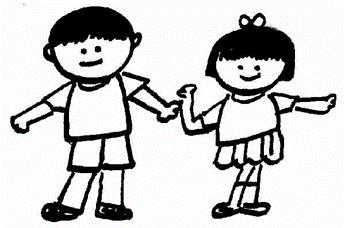Ever since I decided to write on daily basis to improve my craft, I search for triggers to ignite my mind. One such trigger recently came from the title of a small article in a news magazine which I adopted it here.
In fact, happiness is the underlying thread in any activity we undertake. Instead of finding true centre of happiness,
we aimlessly sail our ships which only aggravates the problem.
The true wisdom lies in enjoying with our own being without encroaching into
other's space. It is what Henry David Thoreau did when he left for Walden bank
(United States) to live alone. He wrote about all his experiences in an epic
book "Walden" which is a masterpiece of a journey of
self-transformation. The chapter on 'Solitude' is one of the best inspiring pieces
of his literature. When asked why he went to Walden bank to live alone, he
contended that : "I went to the woods because I wished to live
deliberately, to front , only the essential facts of life, and see if I could
not learn what it had to teach, and not, when I came to die, discover, that I
had not lived. "
The paradigm of happiness has now undergone a tectonic shift and people
grab material possessions so ruthlessly which brink them to shallow
lives. Those who value time with money have neglected their relations and by
the time they start realizing, it is too late for them as considerable damage
already happens in their lives.
The work alcoholics who treat time as money should be more cautious. The new
research published in the Journal of Experimental Social Psychology shows that
the more one treats time in terms of money, the more one loses the ability to
'experience' time and everyday happiness.
A survey puta India ahead of so many
advanced countries in terms of happiness. India ranks Number 2 with 43% 'Very
Happy people' out of 24 countries in a survey conducted in February, 2012 by a
French marketing company Ipsos. Indonesia tops the list at 57 %. It is time for
others to learn something from India.


